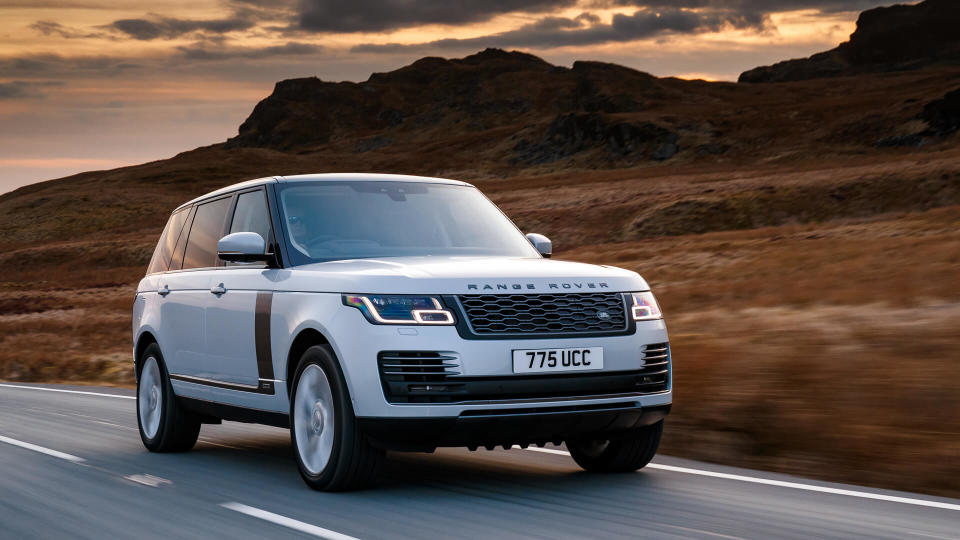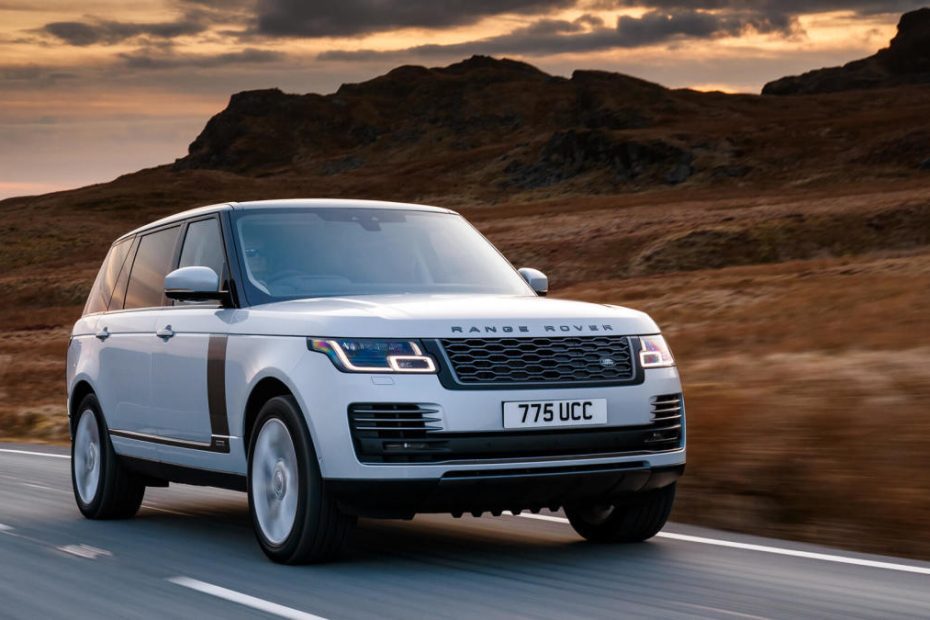
It cannot be said that Americans will not be in favor of SUV options in 2024. Despite costing more than sedans and hatchbacks, the SUV market is growing every year. Regardless of concerns about inflation or economic uncertainty, SUVs comfortably dominate the US automotive landscape
Because the cost of ownership – upfront costs, financing, depreciation, insurance, fuel and various parking and ticket fees – are so expensive, cars are the No. 1 wealth killer for many drivers, especially those from lower-income households and individuals on fixed incomes. .
Check out: 6 SUVs that will last longer than you think and are worth the money
Read Next: 4 Things to Do When Your Savings Reach $50,000
According to Statista, the U.S. SUV market is expected to reach $333 billion this year, but with so many models available, there are some that are worth every penny and some that should be avoided at all costs.
About SUVs you shouldn't buy, GOBankingRates asked automotive expert Chris Pyle, who works as a full-time virtual mechanic at JustAnswer, and Mike Winter, longtime owner of MDP Diesel & Auto Repair in Jackson, Michigan, and here's what they had to say talked about several SUVs/groups of SUVs not worth buying.
It's going viral: do you want to retire rich? Suze Orman says you're missing this important money campaign
Popular SUVs aren't worth the cost, according to mechanics
Land Rover's luxury SUVs get a bad rap when it comes to value for money and reliability. For the experienced winter, the Range Rover model has too many concerns that make it a poor choice for buyers, stating: “Terrible depreciation and resale value, very high repair costs… electrical problems, coolant problems, turbo problems .”
Pyle also opted for a Land Rover, but for him it is the Discovery that should be avoided. “They are expensive to maintain if they are just doing general maintenance, and if they break, the parts and labor costs are high,” he said.
See more: Technicians Explain Why You Should Never Buy These 6 Popular Car Brands
According to Pyle, the 4Runner's problems stem from its value and squandering the vehicle's intended use. “It's a great vehicle both inside and out – a purchase you won't be disappointed with,” he said. “The bad part, though, is that it's designed for off-road and most [people] don't do that. So you pay for functions that you never use. A different and cheaper SUV to stay on the highway is better.”
Consumer Reports (CR) uses test scores and predicted reliability for its vehicle analyzes, but also relies on customer satisfaction (subscribers) and safety scores. The articles should therefore be approached with caution. Still, it named the Taos the second-least reliable vehicle for 2024, and Winter agrees. Volkswagen's compact five-seat SUV can require frequent and expensive repairs. The price is right (the projected 2025 MSRP should be around $26,000, per Kelley Blue Book), but is it worth it?
CR named Jeep's Grand Cherokee and the Grand Cherokee L among the 10 least reliable cars for 2024, and Jeep as the worst automaker among the 34 brands. Winter cites “electrical problems, transmission problems and oil consumption” as problem areas for the Cherokee and believes the Wagoneer is simply “way too expensive, with terrible depreciation,” among many problems.
Of the Wrangler and Gladiator, Pyle says, “They don't have the longest engine life. [And] Like the 4Runner, they are designed for off-road use. The problem here is that owners beat them up off-road and then complain about the ride on the highway. They are loud and waving, and the soft top roof leaks when it rains.”
Despite RepairPal's above-average reliability score, in Winter's experience the Tucson is a “ticking time bomb” due to “major engine/transmission problems and a high engine failure rate.” As CoPilot notes, Hyundai has improved its reputation for reliability in recent years, so if you're interested in a Tucson, avoid older model years (2011, 2012, 2015-2017).
-
8. Ford Escape EcoBoost
-
9. Ford EcoSport
There are noticeable size differences between Ford's Escape EcoBoost trim and the EcoSport, both inside and out (the EcoSport is smaller), but Winter says both SUVs are plagued with major repairs and durability issues. As for the Escape, “Reliability is not good due to coolant issues, carbon buildup and oil consumption,” and the EcoSport is simply a “terrible ride, with major engine problems/failures and high repair costs.”
-
10. Full-size SUVs (Chevrolet Tahoe and Suburban, Ford Expedition, Lincoln Navigator, Cadillac Escalade)
Pyle also mentioned a group of troublesome large SUVs to avoid; specifically the Chevrolet Tahoe and Suburban, Ford Expedition, Lincoln Navigator and Cadillac Escalade. “They are big, heavy, not aerodynamic and drink gas,” Pyle said. “They are for moving the family and towing the camper. Too many [that] These vehicles rarely have more than four occupants and never tow anything. You pay a lot to get a lot, but that's not what you really need.”
-
11. Luxury SUVs from the higher segment (Range Rover Evoque, Mercedes G550/GLS/EQS, Audi RS Q8, Lexus LX, BMW X7)
Pyle took time to also address several luxury SUVs. The Range Rover Evoque, Mercedes G550/GLS/EQS, Audi RS Q8, Lexus LX and BMW X7 “are just too expensive,” Pyle said. “There are cheaper SUVs that are just as nice with similar features and cost tens of thousands less. Plus, you don't have to go through the hassle of finding a store that will actually touch it if it breaks. Buying a vehicle over $100,000 is stupid and still way too high for most.”
More from GOBankingRates
This article originally appeared on GOBankingRates.com: I'm a Mechanic: 11 SUVs I'd Never Buy and Why They're Not Worth It

